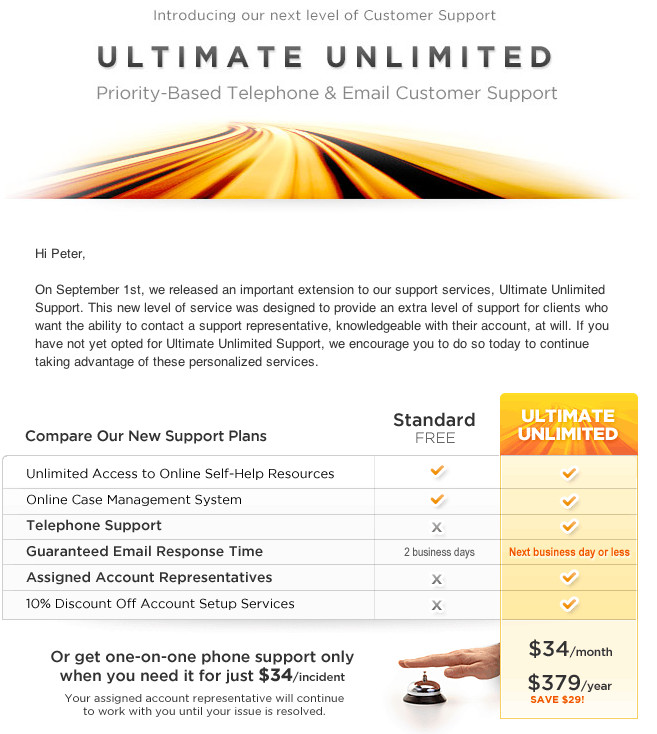Got an email from a budding commercial freelancer recently, asking about my business “process.†Specifically, when I do my writing, when I talk to clients, if I meet them in person, how often I have in-person meetings (he was a good 90 minutes from the nearest big city and didn’t relish in-person meetings), etc.
I’m going to address the first issues in this post and the part about traveling to meet clients (or NOT) in a follow-up post.
Regarding when to write and accommodating clients, he wrote:
“I like the idea of secluding myself in the morning and just writing, and then leaving the afternoon open for client meetings (by phone or video chat), prospecting calls, etc. On the other hand, I imagine myself as an executive looking to hire a writer, and preferring to take care of this in the morning. Is it practical to expect an executive to wait until the afternoon to speak with me? At the same time, there is a best time for writing, and that time should be devoted to writing, and writing alone. I’m thinking the executive can wait a few hours. If he can’t, then perhaps my marketing system hasn’t done its job with him — at least not yet.â€
I think this gentleman has perhaps fallen prey to a common affliction of new commercial freelancers: Overthinking.
For starters, every copywriter’s process and ideal writing time is different, and whatever works for you will generally work for clients. And about the “writing-and-only-writing-in-the-morning†thing… This isn’t like a novelist who sets aside, say, four hours every morning to write – come hell or high water. You won’t have commercial projects to work on every day, and hence writing to do every day. Don’t imagine life as this rigid regimen – unchanging every day. One of the best things about our business is that every day IS different.
But hey, when you do have projects, if you want to shut off your phone and email in the morning and hunker down with your comfy “Well-Fed Writer†sweatshirt (yes, they exist…ask away…) and fave jeans, and Wes Montgomery on the stereo, go for it. You’ll figure out soon enough if the timing works for everyone, and then you can fine-tune.
My process? When I’ve got pressing copywriting projects, I’ll usually get out of the home office completely, leave the laptop at home (yes, you read that right), head to the library or coffee shop with my legal pad, pen and clipboard (I know, I’m SUCH a relic…), bang it all out longhand (okay, pull your jaw up from the floor…), and load it all into the computer at home later. And I’M most productive from about 3:30 to 7:30 p.m. See, we really all ARE different. And that’s okay.
As for accommodating clients’ wishes, sure, you want to be flexible in the beginning to a client’s scheduling preferences for meetings, but if it’s to discuss a big juicy project, I’m guessing you’ll be plenty excited and happy to indulge the client’s wishes. That said, for the most part, you can usually dictate terms of meetings (phone or otherwise) without risking major pushback.
More importantly, your job is not to be at your client’s beck and call whenever they want (unless you’re okay with that AND they’re paying you an obscene amount of money for the privilege…). Don’t be unreasonably inaccessible, but those writers at the top of this craft choose scenarios where there’s mutual respect between writer and client. And fostering that mindset is the first step to being a valued, in-demand professional.
He also was overthinking this one: Why would you assume a client would “prefer to take care of this (meetings, projects discussions, etc.) in the morning� And as such, wouldn’t want to be put off till YOU want to talk? It conjures up an image of a client with arms crossed, foot tapping, staring at his watch repeatedly, getting more steamed by the minute. Simply put, the world doesn’t work that way.
All clients are different and all, like you, have their preferences, but few are going to be such hardasses about things like this. And if they are – Big Red Flag. You need to spend far more time thinking about how you’re going to land those clients in the first place – a far bigger challenge than determining the time of day you’ll actually interact.
But let’s hear from you in the trenches:
Do you have set times when you write and other times for client interaction, marketing, etc?
When are you most productive?
If you DO have rigid time divides between tasks, how often do you run into clients unhappy with being unable to talk to you when they want to?
When you have projects pressing, do you like to go somewhere else to get more focused and productive?
Do you shut off your email (a la Timothy Ferris in “Four-Hour Work Weekâ€) and/or phone when you’re battened down in the creation process?
Stay tuned for the next post about client meetings – in-person vs. virtual.

